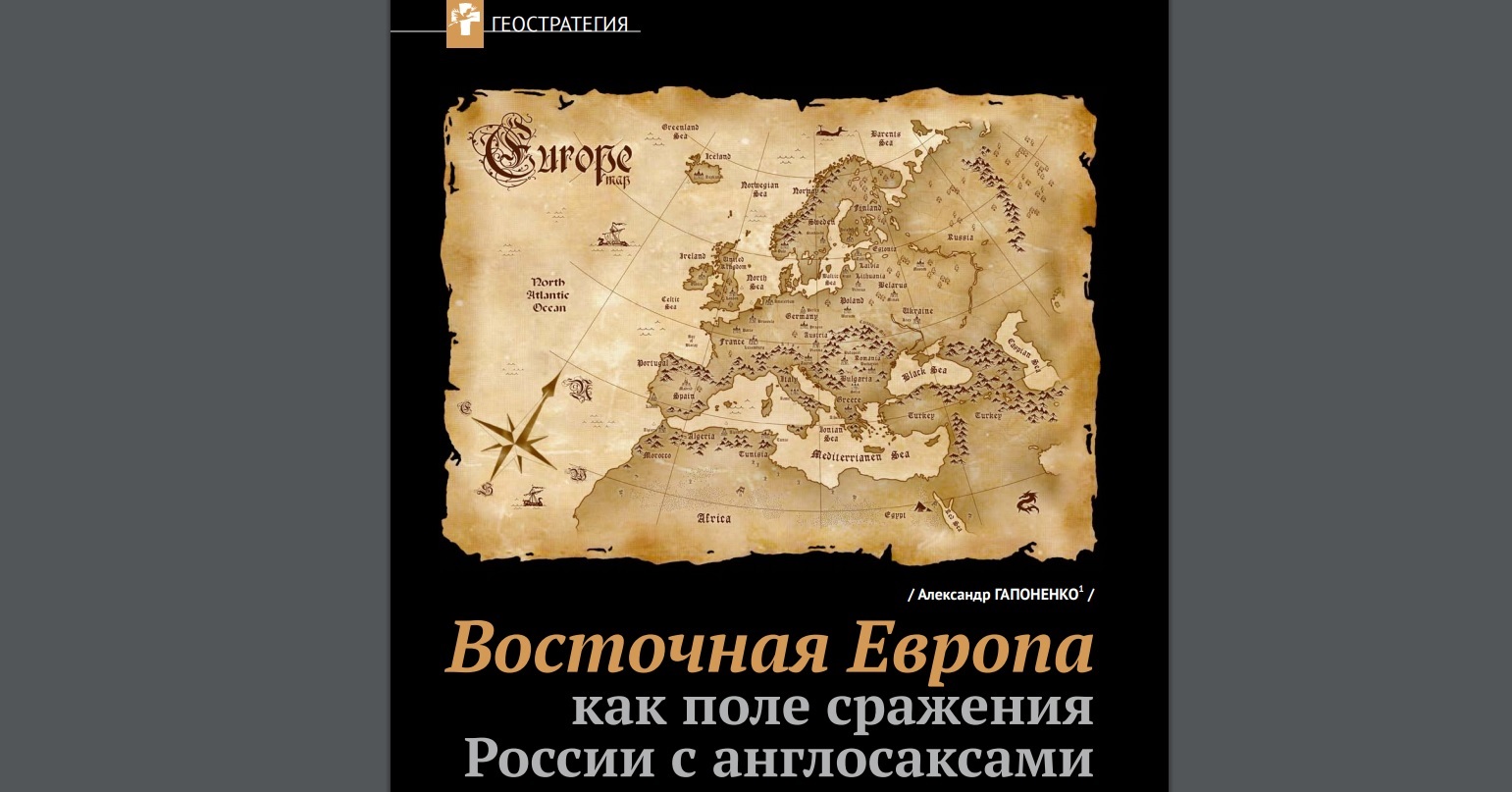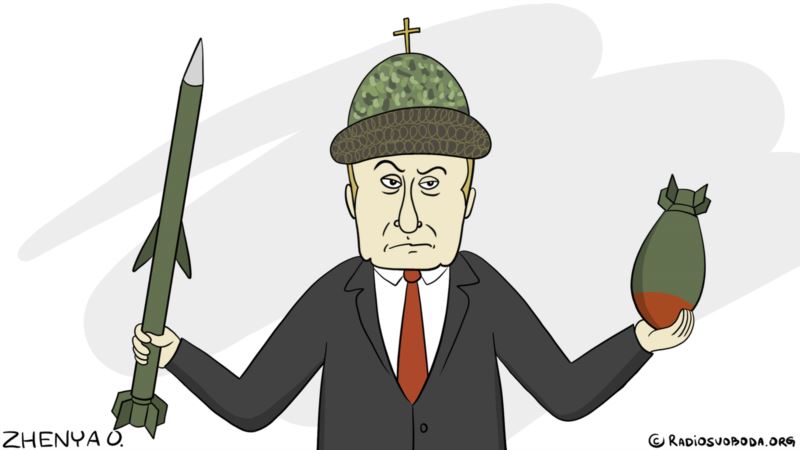
“The ‘understandings’ of Putinist post-modern fascism are organized in trinities: each of which helps the Putinist fascist to correctly arrange his relations with a specific part of the world,” Yakovenko says. With respect to the outer world, this trinity is “Imperialism — Militarism — Nationalism.” These are the fundamental values of Putinist fascism, the notions that allow its followers to divide everyone into “ours” and “not ours.” And that has some important implications that are often overlooked.An analogous book “under the title ‘Putinism’ is impossible because if one tries to find the commonality which unites everything that goes into the term Putinism, one will discover that there is no system of views.” Instead, there is a set of “’understandings’ like those which the criminal world has developed that create a parallel subculture opposed to that of normal people.”
As far as the thought processes of Putinist fascists are concerned, they too are based on a trinity: “Irrationalism — Eclecticism — Traditionalism.” That puts their views inside the definition of fascism Umberto Eco offered two decades ago, Yakovenko says. And it too explains the superficial diversity of the Putinist fascists.“A Putinist fascist can be simultaneously a Tatar, Chechen or Jewish nationalist. That is his private affair … ‘nationalism as a hobby,’” as it were. But he must subordinate that to “Russian nationalism of the imperial type.” (Other kinds of Russian nationalism are alien and that is why Putinists suppress them.)
And Putinist fascism defines its relationship to other value systems by yet another trinity: “Anti-Westernism – Anti-Humanism — Anti-Liberalism.” Those come together in this variety of fascism’s homophobia, “in essence, the chief and if you will only clearly defined pretence of Russian fascism to the West” and those who support Western values.“A Putinist fascist can be an atheist or an agnostic, but these personal shortcomings should not … be put on display. That is because, the commentator continues, “the correct fascist of the era of the post-modern must be Orthodox. Otherwise, he is in some ways an incorrect fascist.”
According to Yakovenko, “the principle distinguishing characteristic of present-day Russian fascism is that its leader, Vladimir Putin, never declared, never wrote, and never said aloud certain of the dogmas which have just been enumerated.” He is “not the author of the text of a book with the title ‘Putinism’ or ‘Russian Fascism.’” Instead, the Kremlin leader is “the producer of spectacles in the course of which on the scene under the title ‘Russia and Its Neighbors and Those Further Afield’ are created an atmosphere of fascism and a completely fascist policy is carried out.” If this process is to be stopped, Yakovenko concludes, then “all thinking people in Russia and in the entire world must understand Putinism is Fascism” and having understood must respond in an “adequate way.”“The homophobia of [Russian] politicians is easy accepted by the mass consciousness of Russians, above all as a result of the deep penetration in this consciousness of the culture of prisons. In a country, where 25 percent of adult males have been behind bars, it could hardly be otherwise.”
Related:
- Putin leading Russia ever more rapidly to fascism and the world to war, Israeli analyst says
- The Ordinary Fascism
- Putin’s Russian world increasingly informed by a Nazi aesthetic, Moscow specialist says
- Chechen and Afghan echoes of Putin’s military operation in Syria
- Putinism isn’t the Brezhnevism of today: it’s far more dangerous and vigorous, Pavlova says
- Putinism – a greater threat to the West than Soviet communism was
- Putinism represents triumph of ‘feudal traditionalist reaction,’ Skobov says
- The globalization of Putinism
- Putinism’s Godfather: Primakov laid groundwork for Putin in Russia




